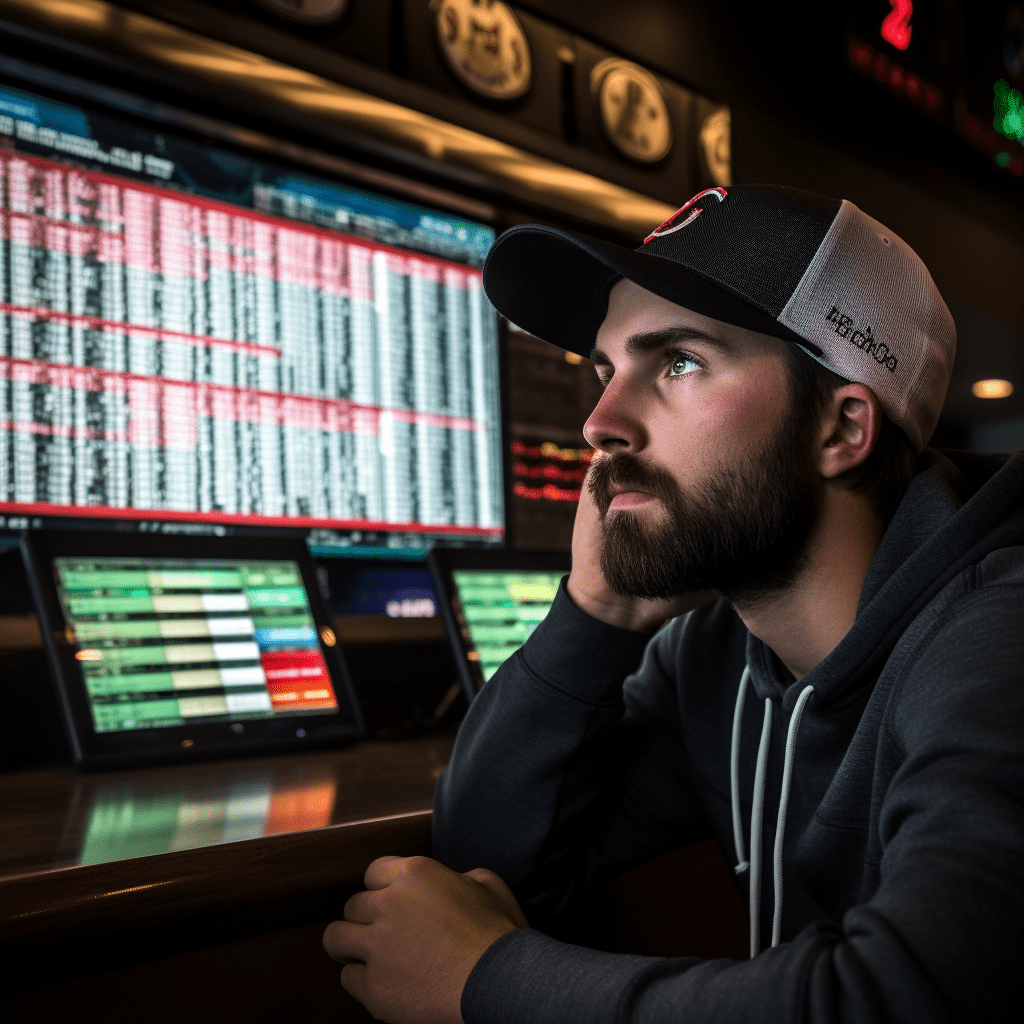Understanding the odds in online betting is the foundation for successful betting. The more accurately you know how to interpret these numbers, the better your chances of winning. Mastering this art will not only help you improve your betting, but also significantly increase your potential gambling income. Find the best online betting odds at batery win and use the following techniques to analyze them.
Betting odds basics
Odds in sports betting are numerical expressions that not only indicate the likely probability of an outcome, but also offer a basis for calculating possible winnings. These numbers are formed on the basis of complex algorithms that include not only sports statistics and the history of meetings, but also the opinions of experts and fluctuations in the betting market. For example, odds of 2.00 suggest that an event has a 50% chance of occurring, and if successful, the bet will double.
However, uniquely, odds can also include a bookmaker’s “mark-up“, which serves as their commission for their services. Therefore, an intelligent parsing of how these numbers are formed can give the bettor a significant advantage.
Odds Interpretation
Odds can change for many reasons, including changes in team line-ups, player injuries, or even significant bets placed on certain outcomes that cause bookmakers to re-evaluate the risks.
Analyzing odds requires attention to detail and understanding the context of a sporting event. For example, if a famous soccer striker gets injured before a match, the odds for his team to win may increase significantly. Experienced punters watch for such changes and use them to their advantage, making betting decisions not only based on statistical data, but also taking into account the current circumstances.
Also, savvy bettors often use strategies based on mathematical models to estimate “fair” odds by comparing them with those offered by bookmakers. This allows them to identify overvalued or undervalued bets. Understanding how odds change dynamically and how this is reflected in the actual odds of teams or athletes opens up opportunities for advanced users to make profitable investments in sporting events.
Odds math
Odds in betting not only signal the probability of an outcome, but also provide a formula for calculating potential winnings. Taking the odds as C and the amount bet as S, the potential winnings (W) are calculated as W=S×C. With this, the net profit (P) will be P=S×(C-1). This basic formula helps bettors quickly estimate the return on investment for different outcomes.
An example of the unusual use of odds can be found in financial strategies such as “betting arbitrage”, where players look for discrepancies between the odds of different bookmakers to guarantee a win regardless of the outcome. These situations arise from the difference in estimating the probability of events between different bookmakers and require quick and accurate mathematical calculation.

Influence of market movements
Odds are constantly being adjusted by bookmakers in response to new information flows and money bets in the market. The interesting aspect here is the possibility of “betting trading” in a similar way to trading in the financial markets. Experienced punters can buy and sell bets on certain outcomes, reacting to changes in odds to lock in profits before the event itself. This requires not only a thorough understanding of the dynamics of the odds, but also the ability to adapt to rapidly changing market conditions.
Betting Strategies
Applying sound techniques can significantly increase the likelihood of success in betting. One such technique is ‘arbitrage betting’, which guarantees profit by placing bets on all possible outcomes of an event at different bookmakers to exploit the divergence in odds.
Another popular technique is ‘handicap betting’, which can offer higher odds of success by compensating for differences in the strength of teams or players.
Professionals also often use “system bets”, which allow you to combine different bets, minimizing the risk of losses on one outcome at the expense of possible gains on others. In addition, you should also consider “long term bets”, which are bets on the outcome of tournaments or seasons. These bets require in-depth analysis and understanding of the dynamics of the sport, but often offer higher odds.
Key indicators to evaluate odds
- Odds change: Keep an eye on the dynamics of odds changes, which can signal new information that affects the outcome of an event, such as player injuries, lineup changes or even significant bets by experienced bettors.
- Comparing the lines of different bookmakers: Often bookmakers offer different odds for the same event. Regular comparison will help you find the most favorable offers and increase your potential winnings.
- Mathematical models for calculating probabilities: Using statistical models and software to analyze probabilities and odds can give you a competitive advantage. These tools help you process large amounts of data and make predictions more accurate.
- Influence of external factors: Weather conditions, political situation, and even the psychological state of the players can have a significant impact on the outcome. Always take these aspects into account when evaluating odds.
- Public Perception: Understanding how public opinion influences the setting of odds can help you identify overvalued or undervalued bets. Public opinion often misinterprets probabilities, which creates potential opportunities for the informed bettor.
FAQ
Odds in sports betting are numerical values that reflect the probability of a certain outcome of an event.
Odds express the inverse of the probability of an event. For example, a 2.0 odds indicates a 50% probability – this is calculated as 1 divided by the odds (1/2.0 = 0.5, or 50%).
Odds change in response to a variety of factors, including player betting, news about teams or players such as injuries, and changes in strategy or lineup.




